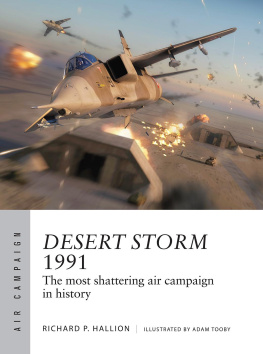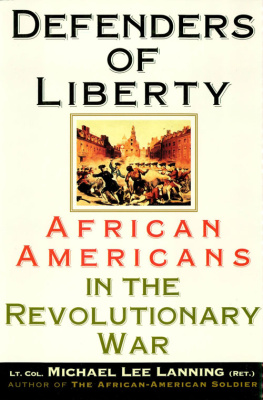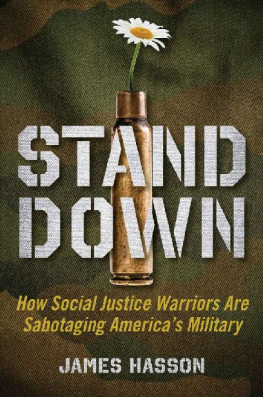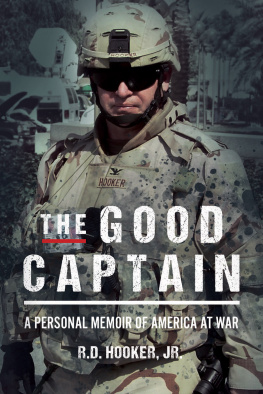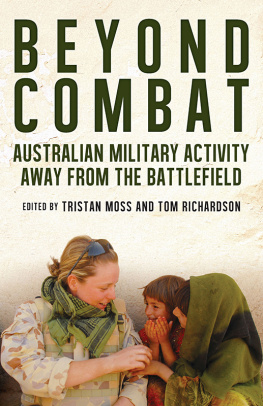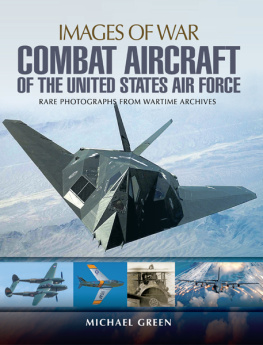Preface
I LEARNED TO BE A SOLDIER in one night. The army spent the better part of two years training meinfantry training, infantry officer candidate school, airborne training, Special Forces trainingbut it was a single night in Vietnam when I learned the real parts of soldiering.
I volunteered for Vietnam. One too many Special Forces sergeants glanced condescendingly at my uniform, which bore no combat badges. I borrowed a jeep that was not locked up, drove off the mountain from the field training exercise I was on, and called infantry branch at the Pentagon to volunteer. I called from a pay phone. When the assignments officer I was talking to figured out that I was putting fistfuls of coins in the phone to volunteer for a combat tour, he took pity on a green lieutenant and got me on a plane to Vietnam.
The personnel section of the 1st Air Cavalry Division at Bien Hoa was having trouble filling a lieutenants billet in their Ranger Company. I should have asked why but, having more bravado than sense, I asked for the job and got it. The mission of the Ranger Company was to send five- or six-man patrolsfour or five Americans and one hopefully former Viet Congon long-range reconnaissance missions. We went in well away from any other friendly forcesin fact they put a one-kilometer buffer zone around our four-kilometer area of operations. I never knew whether that was to protect us from everyone else or to protect everyone else from us.
On each mission that I was on, we flagrantly broke a basic army rule. Rank within the patrol was not based on the rank the army gave you; it was based on the number of missions you had completed and how well you had done. My commission designating me an officer and a gentleman, my Special Forces tab, and my jump wings all amounted to nothing. I began my combat tour as a radio operator for a buck sergeant team leader. In the rear area, I was a lieutenant, but Ranger Company officers were not supposed to go on patrols. If you wanted to do that, you started at the bottom and worked your way up.
On one of those patrols, late in the afternoon in some very dense jungle, my team leader spotted tracks on a muddy bank across a sizable stream. There was no one there then, but a lot of people had recently been there. We stayed on our side of the stream, hidden as well as we could manage as darkness fell.
My sergeant had it nailed. We had stumbled on a sampan docking site, a place where people off-loaded from one set of boats and got on another. That night, we watched over a hundred North Vietnamese and Viet Cong make camp across the stream from us. They were very close, and I practiced lying in the jungle as quietly as anyone ever had. The Vietnamese left on another set of sampans before the sun came up. In the morning, my sergeant decided that we should move to their side of the stream and set up an ambush for the next group coming through. All six of us.
We crossed the stream and set up a claymore anti-personnel mine ambush and then hid in the center of their camp. That night, another group of Vietnamese came through. We blew the ambush and lay still, hoping they would think it was an unmanned mechanical ambush. After a few minutes, people who had not been in the kill zone began to move about. We threw hand grenades in the direction of the sound of the movement, more death from out of the night from who knew what direction.
This mission had become a big deal for the 1st Cav. We had helicopter gunships hovering beyond a line of hills to mask their noise. When we blew the claymores, the gunships came on station within minutes, firing machine guns, 40mm cannons and rockets. American helicopter pilots can and will fire very close if the ground commander authorizes it. They call it danger close, and that captures the sense of the thing.
The gunships eventually ran low on fuel and the Brigade operations officera ferocious colonel with the confidence-inspiring call sign Fangordered our team out of the area. That would be a challenge. There was no place to land a helicopter where we were, and there were too many of the enemy about for us to run. So we did something called a McGuire rig extraction. Its a simple concept: a Huey hovers over the jungle at something lower than one hundred feet and drops three or four ropes with one end still tied to the helicopter. You put your legs through a loop at your end of the rope, hold on, and they lift you out. As the first of the two helicopters pulled us out, our Vietnamese scout inadvertently got a rope longer than the others and was sure that we were leaving him. He grabbed for me as we lifted off and I carried him for the flight back. We left just in time. One of the gunships landed at the nearest fire base with what he estimated was two minutes of fuel left on board his aircraft.
When dawn came, the Brigade commander gave us reinforcements and we went back into the jungle. We said it was to gather intelligenceand we did in fact do thatbut the truth was that we wanted to see how many of the enemy we had killed. It was that kind of war.
We found a lot of bodies. Even more parts of bodies. The two junior members of the Ranger team, me being one, were tasked with stripping the dead and putting the personal effects in waterproof bags for the Brigade intelligence section to process. The events of the night before had been wrought with fear and felt something like a movie; the early morning light let me see what war was really about.
Here is what I learned that night.
It is OK to be afraid. Anyone with any sense is afraid in combat. Courage is being able to do your job even though you are afraid.
Good combat soldiers may or may not outrank the people they are, or should be, ordering about. God love my team sergeantevery lieutenant should have such a sergeant while he is figuring out how wars are fought. All the way through becoming a general, I never got to be as good a soldier as that sergeant was.
Soldering is an honorable calling. If it has to be done, it should be done well. But we should try very hard to keep from unnecessarily sending our soldiers in harms way. Their lives are too valuable to waste.
Introduction
A MERICAS FUTURE MILITARY VICTORIES are at risk. We proudly portray ourselves as the worlds sole superpower, yet America has stretched its army to the breaking point sustaining a modestly sized counterinsur-gency in Iraq. The United States spends more on defense than the next dozen nations in the world combined, but has an army that is at meager prePearl Harbor force levels. For two centuries, the United States won every war that it fought. We then went from victory in World War II to stalemate in Korea to defeat in Vietnam to a strategic misadventure in Iraq. Our current ability to fight and win the nations wars is at best suspect. We have allowed the bedrock sources of our past success to erode due to misuse, atrophy, and neglect.
America wins wars when we go to war for compelling causes and when military and civilian leaders of strategic vision emerge. America wins wars when the ranks of our military are filled with citizen soldiers. They are the strength of the nation, and they take America to war with them. That kind of military strength cannot be purchased: there are no American Hessians. America wins wars when all of America goes to war. Our power lies in our ideals, in our economy, and in the commitment of our people more than in formations of soldiers and fleets of ships and airplanes. America wins wars when our values are intact and are honored, values shared between our citizens and our soldiers. Those values guide our soldiers in the chaos of combat and allow our senior military officers to advise civilian leaders forthrightly on crucial go-to-war decisions. America wins wars when we go to war to defend freedom. Our country was founded on the simple idea that people are and should be free. When that freedom has been challenged, America has gone to war and found victory. When we go to war for other reasons, we fare less well.


